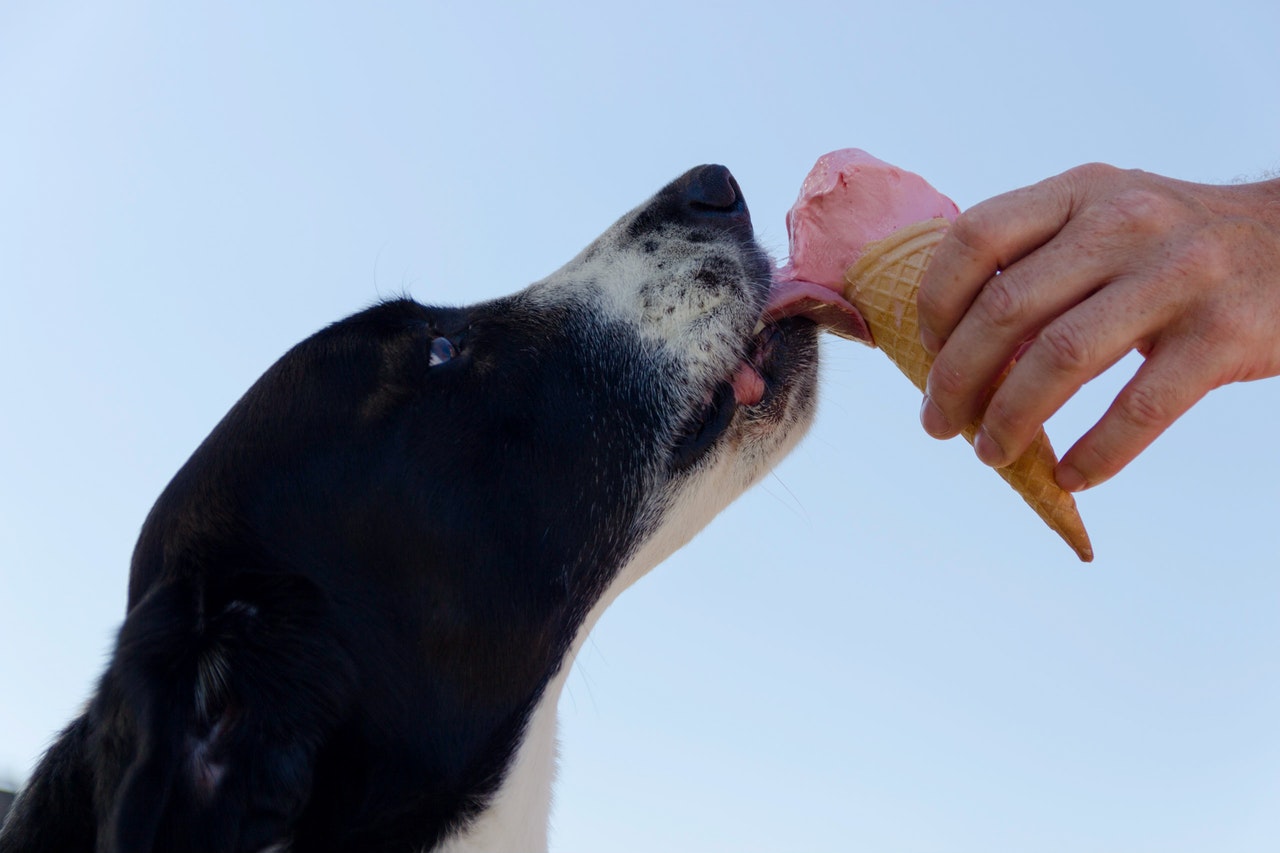
As a pet owner, you want to keep your beloved fur baby looking and feeling their best. This involves creating the right mix of diet, exercise, and a loving home environment. Within that matrix, however, there’s a lot to consider. Grooming is an essential part of keeping your dog healthy and happy, and effective grooming starts with a healthy coat. Part of the foundation of a healthy coat is a good diet–and that’s where things can get complicated. If you’ve ever found yourself wondering “how does diet affect my dog’s coat”, we may have some answers for you here.
To begin with, we need to understand your dog’s fur in a little more detail. Like the hairs on most mammals, dog fur is made of keratin. Keratin is a structural, fibrous protein, which also makes up human hair and fingernails. The fact that it’s a protein is key here–building and maintaining a healthy coat requires that your dog get enough dietary protein. Fatty acids are also a dietary component that plays a big role in coat health. Fatty acids are essential for keeping your dog’s skin healthy, and a diet without enough fatty acids might lead to skin and coat problems in addition to other health issues.
Other vitamins and minerals also play a role in keeping your dog’s coat healthy. Riboflavin–also known as B2–and zinc help aid in fat and protein metabolism, ensuring that your dog’s body is using these most effectively. Vitamin A is necessary for growing and repairing skin, while Vitamin E protects skin cells from oxidant damage. Vitamin C isn’t just for humans; in dogs, it helps heal wounds and other forms of damage.
So now that we know a bit more about what your dog’s coat is made of and the role that nutrition plays in coat and skin health, what are the signs that your dog might need a change of diet? Focusing on coat health, there are a few indicators that your pup might not be getting all of the nutrition that it needs for a healthy coat:
A Few Signs that Your Dog Needs A Change of Diet
- A dull or lackluster coat is one of the most obvious signs of trouble. If your dog’s coat is coarse, brittle, and dull rather than smooth and shiny, something’s wrong. If the situation doesn’t improve with regular bathing and grooming, a nutritional deficiency may be to blame.
- Itchy, flaky skin is never a good sign and a dull coat may be due to nutritional problems. These issues may include both a nutritional deficiency or a sudden change in diet. If your dog’s skin is itchy, flaky, or greasy rather than being supple and clear, it’s time to look at their diet.
- Brittle Nails are another indicator of dietary woes. Remember how we mentioned that human nails are made of keratin? Well, the same is true for your dog’s nails, and they have many of the same nutritional requirements as a healthy coat. If your dog’s nails are chipping, breaking, or just brittle feeling, nutrition may be to blame.
So once you’ve identified nutrition as a potential problem, what can you do? There are a variety of possible solutions, and you should probably consult with your dog’s veterinarian about any ongoing or chronic issues. Nutritionally-enhanced dog food or dietary supplements are two relatively easy options for improving your dog’s coat and overall health. Regular grooming and bathing are also a must for keeping your pooch looking and feeling their best. By combining the two, you’ll ensure that your dog is healthy, happy, comfortable, and beautiful.





